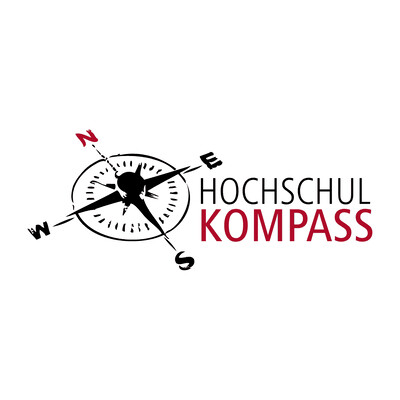Empirical Education Research and Educational Psychologyfull time
- Degree
- Bachelor of Science
- Bachelor
- Standard period of study (amount)
- 6 semesters
- Location
- Tübingen
- Deadlines
- expired (Germans and inhabitants)
- expired (EU)
- expired (Non-EU)
Overview and admission
Study Type
undergraduate
Admission semester
Winter Semester only
Area of study
- Educational Research
- Psychology
Focus
Analysis of Educational Processes, Diagnostics of Educational Processes, Research Methods
Annotation
Understanding education, helping to shape education: Education is a crucial building block of our biography. It is crucial for our personal development, our professional career and how we participate in society. The aim of educational research is to provide the necessary knowledge base for policy and practice to enable every individual to receive a good education. It will explore questions such as: •\tWhy do people learn differently? •\tWhat part do aptitude and motivation play in learning success? •\tHow can the German education system improve in international comparison? In the Bachelor's degree course in Empirical Educational Research and Educational Psychology (EBPP), students learn how to investigate these and similar questions by collecting data and analysing it statistically in order to obtain the most robust and meaningful findings possible. They also learn to use these findings to improve educational processes. For this purpose, the course combines psychology, educational science and related subjects with quantitative, empirical research methods (statistics). Students gain a comprehensive understanding of the individual, institutional and societal factors influencing and impacting educational processes. You will also acquire a sound basic knowledge of quantitative research methods and educational-psychological diagnostics. Elective options within the degree course: In three elective modules, students can each choose one of the following six areas of specialisation: •\tEducation, digitalisation and media: How will digitalisation influence education? •\tEducation and language: What influence does language have on learning and education? •\tEducation and Society: What role does education play in society? •\tEducation and Health: How can education promote health? •\tEducation, Politics and Economics: What role does education play in politics and business? •\tEducation and Learning: To what extent does education contribute to the development of young people? Renowned professors and committed young academics accompany the students in their teaching. Regular lectures and seminars by international guest scholars complement the course offerings. Possible careers: Our graduates are in demand everywhere where teaching and learning play a role, for example •\tin educational institutions, •\tin education administration and education policy (e.g. regional councils, school boards and ministries), •\tin school development, •\tin professional and private further education, •\tin foundations and •\tin the free economy, for example in educational publishing houses. The degree course also provides ideal preparation for a later career in science and the Master's degree of the same name at the University of Tübingen.
Admission requirements
•\tAverage grade of the higher education entrance qualification •\tOther criteria: Community or volunteer involvement, prior educational experience, extracurricular achievements such as successful participation in state or national competitions (credit given in the form of bonus points. The credit towards the higher education entrance qualification grade can be improved once by 0.3 points) •\tThe instructional language in the degree course is German. Since much of the literature in Educational Psychology is written in English, the expected reading and source language is English at B2 level of the Common European Framework of Reference for Languages (CEFR). Individual events may also be held in English if necessary. Sufficient knowledge of English as a language of instruction at B2 level (CEFR) is therefore also expected.
Lecture period
- 15.04.2024 - 27.07.2024
- 14.10.2024 - 08.02.2025
Application deadlines
Winter semester (2024/2025)
Deadlines for International Students from the European Union
Expired
Deadlines for international students from countries that are not members of the European Union
Expired
Application deadline for Germans and inhabitants
Expired
Tuition fees
Tuition fees
All information about tuition fees for international students (EUR 1,500 per semester) and for a second degree course (EUR 650 per semester) can be found on our website.
Languages of instruction
Main language
German

